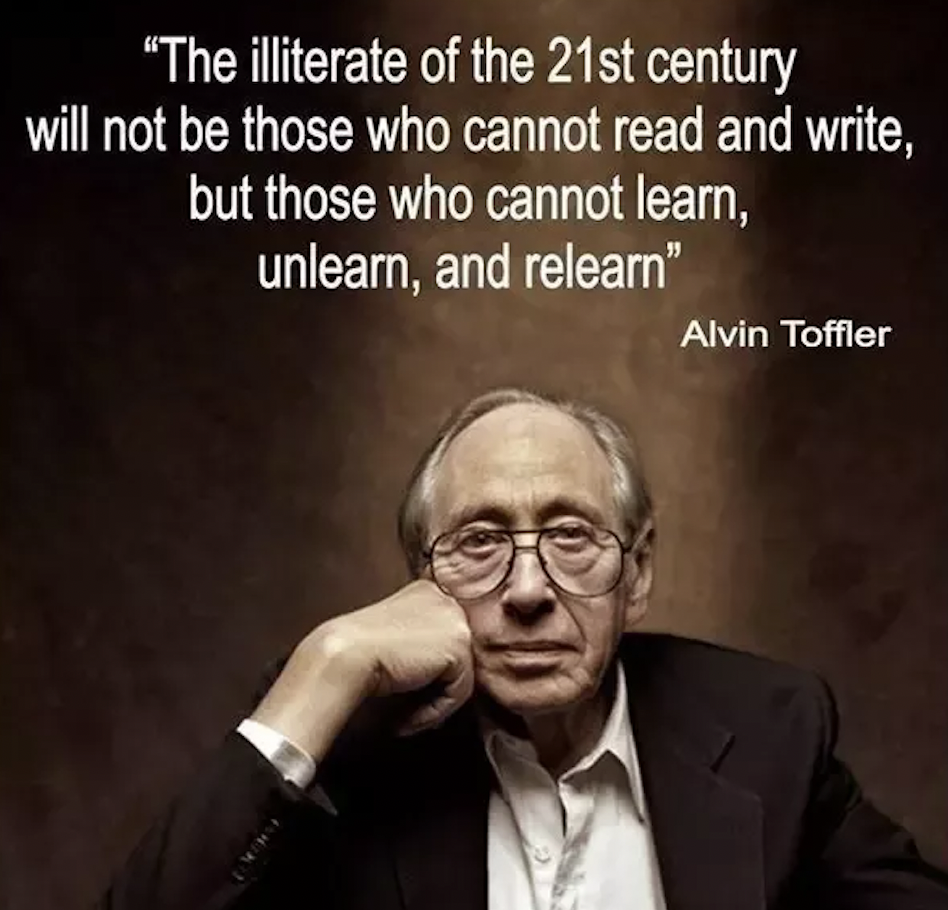Responding to Change
I often hear the question, how do we help the church recognize and understand the necessity of rethinking church, mission, discipleship/evangelism, and church planting? One piece of the solution is highlighting the drastic changes that are taking place outside the church that should force us to reconsider how to move forward.
Below are a few thoughts on some of those changes and some possible "leverage points" for change. What resonates with you? What missing? What additional thoughts do you have?
What is Changing?
The world is rapidly becoming globally networked. Perspectives are highly influenced by the world's mobility, diversity, and technology — including the internet. The incredible migration of people (and ideas) have different views of Christianity and are changing the religious landscape of the U.S. and Canada.
Increasing secularization: Many people in the United States are becoming less religious and identifying as non-affiliated with any particular faith.
Younger generations don't see any (or very little) relevance in the church. Further, they are skeptical of institutions. Many think, "why would I attend a Sunday gathering? Everything the church offers is available elsewhere, and often in a better and more convenient manner."
Changing family structures: Traditional family structures are becoming less common, with more individuals choosing to live alone, delaying marriage, or having non-traditional family arrangements.
The church is seen by many as being on the wrong side of issues like gender, race, science, environmental awareness, LGBT, and politics.
The majority of non-Christians have a strong caricature of Christians and the church, one that is judgemental, homophobic, out of touch, and sometimes illiterate of current issues.
Even if non-Christians are open to the church (and very few are), there are enormous cultural barriers to attending a church service or program, especially with the increasing number of people with zero Christian experience/background. The cultural barriers of language, beliefs, history, cultural background, family background, religious experience, geographical distance, etc. are just too great to cross overcome to attend a church gathering.
Leverage points?
We have to do life with people to have the opportunity to deconstruct the caricatures they have of Christians and the church. We need to help everyone, not just church planters, create spaces to cultivate a community where relational/social momentum can flourish. There is simply no other way to lower the cultural barriers and obstacles.
We need to help planters start smaller, more creative, incarnational expressions of church. We have to take a missionary, long "runway" approach to the places we live, work, and hangout. This will require a larger emphasis on Bivo/Covo leadership.
We need to help existing churches empower and activate members to start new things outside the walls of the church, including small groups, missional communities, and micro-churches.
We need to develop a "minimum ecclesiology" (or "essential ecclesiology") that involves giving clarity on what defines a "church" that includes mission, community, worship and leadership.
We need to help planters start non-profits that focus on restorative issues that birth churches. This will help church plants stay focused on mission to the city, allow fresh entry points for non-Christians and give the church respectability ("street-cred") in the city. More on this topic here.


